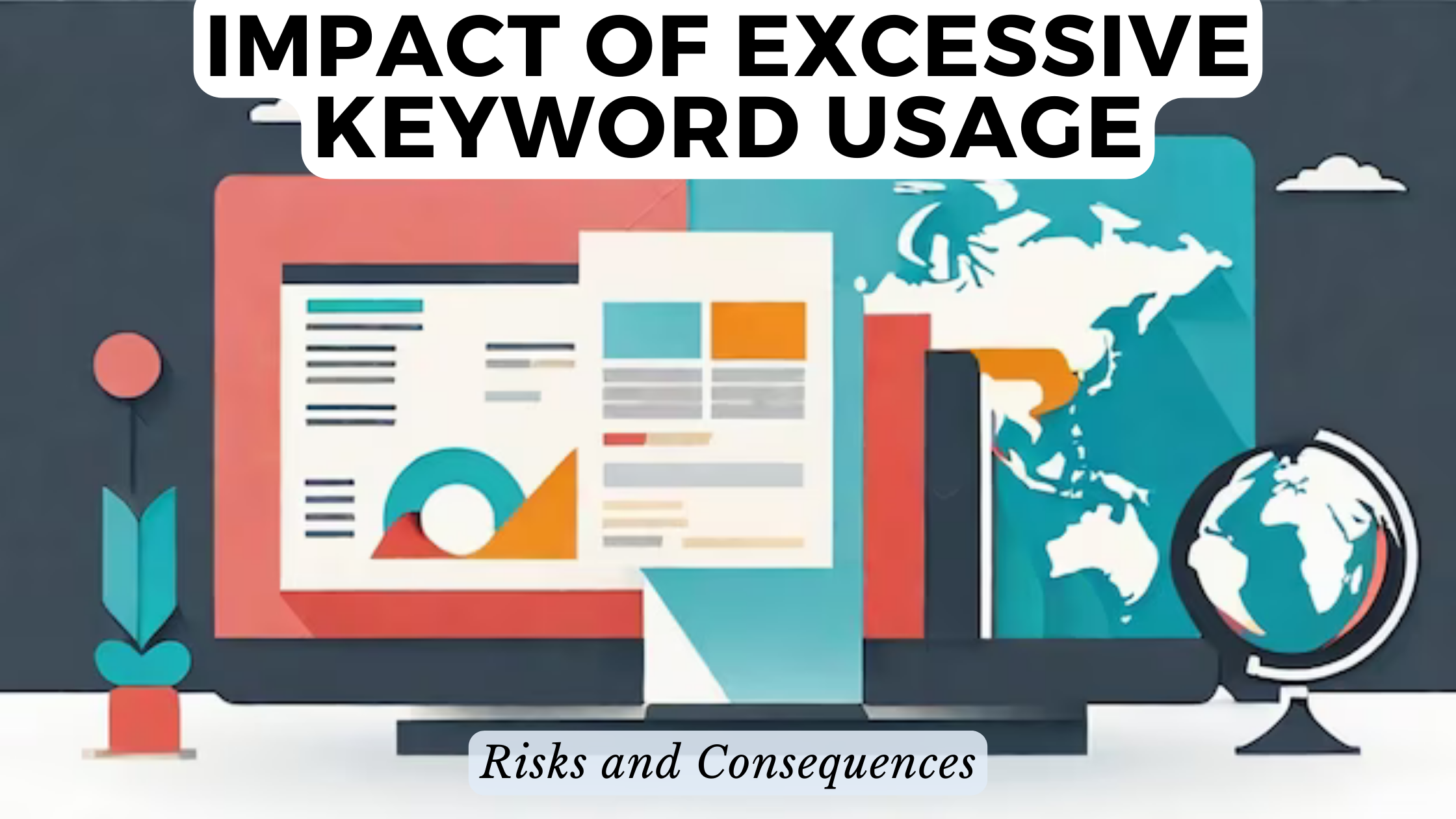Impact of Excessive Keyword Usage: Risks and Consequences
- Data as a Service (DaaS) Software Marketing & Analytics


Impact of Excessive Keyword Usage: Risks and Consequences
In the intricate realm of search engine optimization (SEO), the strategic use of keywords is undeniably crucial. However, there exists a delicate balance that, when tipped, can lead to detrimental consequences. This article aims to dissect the impact of excessive keyword usage, shedding light on the associated risks and potential consequences that website owners and content creators should be wary of.
The Delicate Dance of Keyword Optimization
Keywords are the building blocks of online content visibility, serving as bridges between user queries and relevant information. While an optimal keyword strategy enhances discoverability, an excess of keywords can have adverse effects. Search engines, particularly Google, prioritize user experience and penalize content that attempts to manipulate rankings through keyword stuffing.
Risks of Keyword Stuffing
- Search Engine Penalties: Search engines are adept at recognizing keyword manipulation. Websites employing keyword stuffing may face penalties, including a drop in search rankings or even removal from search engine indexes.
- User Experience Deterioration: Keyword-stuffed content often reads unnaturally, disrupting the flow and coherence of the text. This negatively impacts the overall user experience, leading to increased bounce rates and decreased engagement.
- Loss of Credibility: Users are savvy; they can discern between valuable content and content created solely for search engines. Excessive keyword usage diminishes the credibility of the content, eroding trust with the audience.
Striking the Right Balance
Effective SEO involves a nuanced approach to keyword integration. Instead of focusing solely on the quantity of keywords, emphasis should be placed on relevance, context, and user intent. Crafting content that genuinely addresses the needs of the audience not only improves search engine rankings but also fosters a positive user experience.
Relevant SaaS Products for Seamless SEO Management
- Yoast SEO: A comprehensive WordPress plugin that assists in optimizing content for search engines, providing real-time suggestions for improving readability and SEO.
- SEMrush: An all-in-one marketing toolkit that offers features like keyword research, site audit, and backlink analysis to enhance overall SEO performance.
- Ahrefs: A powerful tool for SEO analysis, Ahrefs helps in keyword research, backlink tracking, and competitor analysis for informed decision-making.
- Moz: Known for its SEO expertise, Moz provides tools for keyword research, link building, and site audits to boost online visibility.
- Grammarly: While not exclusively an SEO tool, Grammarly ensures content quality by enhancing grammar and readability, contributing to a positive user experience.
Conclusion: Navigating the SEO Landscape
In the ever-evolving landscape of SEO, the mantra is clear: quality over quantity. Striking a harmonious balance between keyword optimization and user-centric content is the key to sustained online visibility. As we explore the intricacies of SEO, it’s essential to manage our digital toolkit efficiently. This is where Subscribed.FYI steps in, offering a centralized platform for managing SaaS subscriptions. By simplifying the complexities of subscription management, Subscribed.FYI ensures that your digital toolkit aligns seamlessly with your goals, unlocking exclusive deals for a cost-effective and efficient workflow.
Relevant Products:








